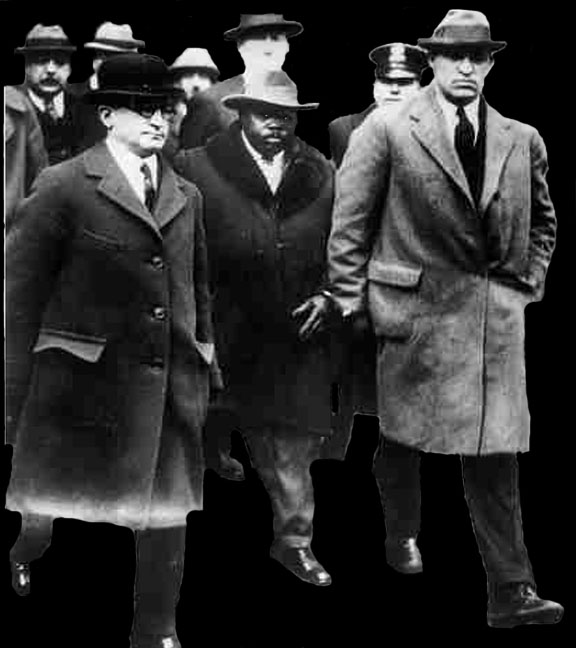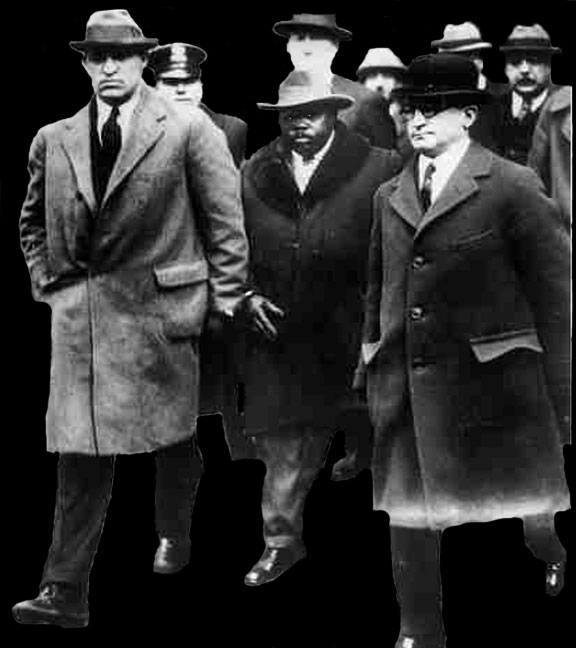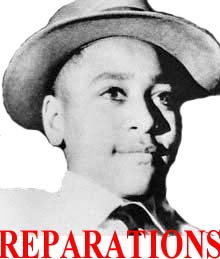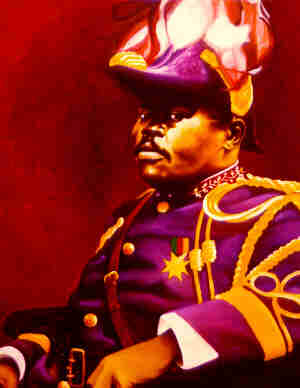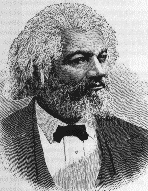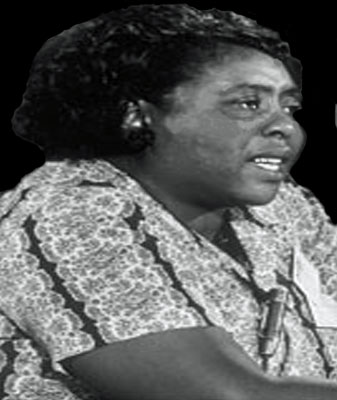aa
|
Marcus Garvey
The Lessons and the Gospel of Success
Garvey's course in African philosophy displays a strong affinity
with the "how-to" lessons of New Thought therapeutics, exemplified in the titles
of such well-known New Thought treatises as W. W. Atkinson's The Secret of
Success: A Course in Nine Lessons (1908), Elizabeth Towne's Lessons in Living
(1910), Fenwicke L. Holrnes's Being and Becoming: Lessons in Science of Mind
(1920), Nona L. Brooks's Short Lessons in Divine Science (1928), and Brown
Landone's The ABC of Truth: Fifty-five Lessons for Beginnings in New Thought
Study (1926). Garvey's course in racial leadership could be justly described as
a black version of New Thought, offering a similar system of practical
metaphysics geared to achieving mental emancipation and personal success.
Garvey may also have been influenced by the phenomenal success
of Dale Carnegie's How to Win Friends and Influence People, which was first
published in November 1936. By the time that Garvey started the course in
African philosophy, over half a million copies of Carnegie's treatise had been
sold, making it the national best-seller for the preceding five months. The
Carnegie Institute in New York, where Carnegie conducted courses for people who
hoped to become leaders in the business and professional world, may well have
served as a model for Garvey's own school for UNIA leaders. Garvey and Carnegie
both emphasized the need to arouse enthusiasm in order to assume leadership and
earn power and recognition. Both preached a gospel of self-improvement and
practical study of a set of success-oriented principles. Both used examples of
great leaders and businessmen, citing how many of the same favorites--- Theodore
Roosevelt, Thomas Edison, John Wanamaker, John D. Rockefeller, Benjamin
Disraeli, Edward VIII, and P. T. Barnum---had succeeded, stressing the principle
of hard work. Both shared the common phraseology of success, including a
penchant for the terms fundamental, self-improvement, and self-education. Both
taught their lessons in order to change behavior, practicing the dictum of
Herbert Spencer that Carnegie quoted in his 1936 introduction: "The great aim of
education, is not knowledge but action." Carnegie told his readers that he
was "talking about a new way of life" while Garvey termed his lessons in
African philosophy a "New Way to Education." Both included trickster-like advice
on how to manipulate and persuade others. While Carnegie saw human relations as
a kind of game of disarming potential enemies, in which an appearance of
sincerity was key, Garvey gave lessons in what he called "diplomacy," or the
artful deception of opponents. While Carnegie noted the power of a "captivating
smile" in swaying people, Garvey advised his students to "win the world to
you with a smile." He echoed the title of Carnegie's book when he told his
students to "Never approach anybody that you want to get anything out of or any
good results from, in an offensive manner; to the contrary, win them with the
perfect smile . . . the idea is to make friends and to get results." Both men
were interested in the organizing power of what Carnegie called showmanship and
style; and Carnegie illustrated the concept by the example of Garvey's hero,
Napoleon, who stimulated a feeling of importance among his followers by awarding
them exalted titles he had himself created. Each of the graduates of the first
class of Garvey's School of African Philosophy received a new title and
appointment as a regional commissioner for the UNIA.

|
|
a |

